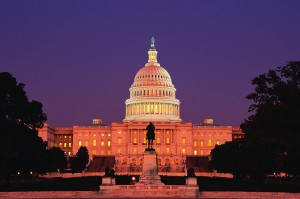 I believe abortion is the taking of a human life. I’ll spare you all the reasons because you have probably heard them before. If you don’t agree that abortion is the taking of a human life, then I won’t try to persuade you that it is, but I would challenge you to read yesterday’s post because even if you don’t believe abortion is the taking of a human life, I believe logic and the most universal of ethics demand that you be against it.
I believe abortion is the taking of a human life. I’ll spare you all the reasons because you have probably heard them before. If you don’t agree that abortion is the taking of a human life, then I won’t try to persuade you that it is, but I would challenge you to read yesterday’s post because even if you don’t believe abortion is the taking of a human life, I believe logic and the most universal of ethics demand that you be against it.
Having said that, I would like to pose a question to fellow citizens of the kingdom of God: “Can an abortion advocate really be a Christian?” It’s an important question.
I ask the question because I believe there are a fair number of Christians who would answer “No” to the question, and even those who believe it’s possible would have to admit that knowing a person sees nothing wrong with abortion would cause them to doubt that person’s faith.
But if you find yourself in one of those two groups, let me ask you a question: Do you think it’s possible to be a Christian and believe there is nothing wrong with race-based slavery? If you answer “No,” you have just eliminated most of the American South for more than 200 years. I think one has to admit that it was possible to be right about Jesus and wrong about slavery.
If Christians can be blind enough not to see that slavery is wrong, they can be blind enough not to see that abortion is wrong. And, if Christians can be wrong on these matters, I suppose they can also be wrong on issues like the role of the government in our lives and the level of taxation we should endure.
As I said above, I believe abortion is the taking of a human life, in other words, murder. I believe slavey is abhorrent. I believe, as a general rule, the less government and taxes the better. So, my point is not to assert the opposite positions here but to argue against the tendency to make one’s politics a litmus test for whether they are a citizen of the kingdom of God.
The advancement of the kingdom of God is not as dependent upon its citizens being right on political issues as it is on its citizens being righteous. Politics are are neither all-important nor unimportant. If we are to seek first the kingdom of God (Matt. 6:33), then we cannot allow something less important, like politics, to separate us from fellow citizens of the kingdom of God who also desire to see it advance in the earth. GS



